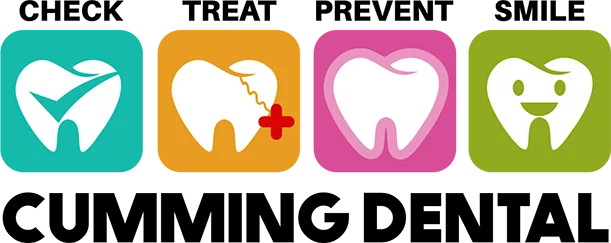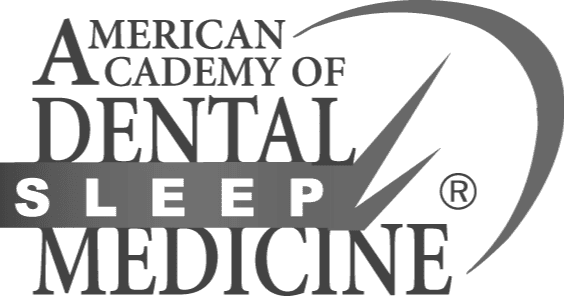Top 10 Questions Our Patients Ask About Crowns
Does a crown procedure hurt?
Just like any dental procedure, before the dentist begins you will be given a topical anesthetic and local anesthetic to provide the most pain-free treatment available.
Why do I need a Crown?
Crowns are typically recommended when a person’s natural tooth has either been cracked, decayed, or is heavily discolored. Crowns protect the remaining natural tooth and provide structure so that it can continue to function without needing further treatment.
How long do crowns last?
Once a crown has been placed the life of a crown is dependent on proper care. Crowns can last a lifetime, however it is possible for a crown to appear cracked or loose. Decay can still affect a tooth that has been crowned. Other sources of damage can be severe grinding, clenching or deterioration of the cement used to place the crown. Brushing and flossing twice a day using fluoride toothpaste and avoiding hard, sticky foods can help expand the life of your newest investment.
How much does a crown cost?
The cost of a crown varies depending on your specific insurance coverage. If you do not have insurance, our office offers great discount options along with payment plans through care credit to make it more affordable.
Do I need a root canal before getting a crown?
Not all cases require a root canal prior to a crown and your dentist will discuss the necessity prior to placing your crown. Crowns are used for many reasons not just following a root canal procedure. Crowns provide structure and cosmetic benefits for some people who may have a cracked tooth, discolored tooth, or replacing a missing tooth with a bridge.
Can A tooth with a crown get a cavity?
Yes! Crowns themselves do not decay but the natural tooth that is still present underneath can become decayed. During your routine checkups and cleanings your dentist will check to make sure there are no signs of new cavities occurring.
Can you still floss in between teeth with crowns?
During the process of getting your crown completed their will be a short period of time while you have the temporary crown that the dentist will advise you to use caution when flossing as floss can lift the temporary crown. Once your permanent crown is placed you can resume flossing normally as you would any of your other natural teeth.
Are there foods to avoid eating if you have a crown?
For the most part having a crown does not cause any dietary restrictions. However, things we should avoid even with our natural teeth such as ice, sticky candies, hard nuts, or any other hard crunchy food items that can cause cracking should definitely be avoided to help prolong the life of your crown.
Will my crown look like my natural tooth?
Yes! Crowns are individually made for each person and you and your dentist will select the shade that best matches that of the surrounding teeth so that they appear the most natural looking in the mouth. Crowns are made using the same details and anatomy of that of a normal tooth.
What are the types of materials used to make crowns?
Crowns can be made out of several different metals/materials. The most durable of them would be a gold crown, but most dental practices use ceramic/porcelain materials as they are the most natural looking.






